Nobody likes being told they have privilege. Not even me! I remember the first time I was told I was a small fat. I immediately rejected the idea that I could be anything but just a fat person. I had heard I was fat, slobby, bad body, living in a body made wrong my whole life to me that meant there is no way I could have body privilege.
As much as I didn’t want to be labeled as a small fat… I realized I was engaging in small fat fragility. It was tough to accept that I was living in the mainstream for once and not the margins.
I’m marginalized in so many ways. I don’t have thin privilege, light-skinned privilege, White privilege, or male privilege BUT I still hold some privilege over other fats and non-fats.
What Is Body Privilege?
Body privilege is being rewarded for how close your body to Whiteness. It is a social currency that can bring economic, social, and political advancements. Some people have been given leverage over others base on their bodies. For example, a fat trans-Latina is not afforded the same job opportunities as a white cis man.
In an interview, Kate Dillion discusses the privilege of being a thin, white trans non-binary person and how that provides more privilege in Hollywood over someone who shares all of those identities while also being a person of color:
“Trans women who have white body privilege and fit into our binary ideas (are things that are easier for people to digest).”
– Kate Dillion
Adele is a perfect example of someone who didn’t have the privileges of a thin White woman. She had been in our lives for over a decade & never appropriated Black culture. Being a thin white woman has a certain type of power that seemingly empowers this type of behavior, and that’s how we recently ended up with a viral photo of those lackluster Bantu Knots.
You can be marginalized and have privilege. Does anyone remember BBQ Becky? She is a fat white woman, and even though her fatness makes her marginalized in one way, her whiteness (privilege) made her feel safe enough to call the police on Black people for Barbequing.
The same goes for Permit Patty who called the police on a little girl for selling water while being Black.
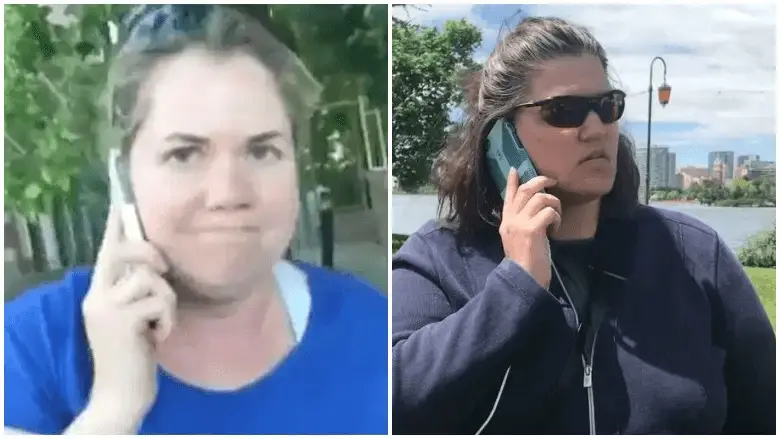
In another example, the body positivity community screams body autonomy, but what about the POC who experience violence in the BOPO community because of fat white women who don’t see or acknowledge their privilege?
Sure, fat white women do not navigate the world with the level of privilege a thin white woman may have. But their bodies are not treated as disposable like Breanna Taylor, Rekya Boyd, Shereese Francis, or Sandra Bland.
Another way that body privilege shows up in the fat community is through body shape and size. This plays a huge role in who is deemed “good” representation in the fat community. Many campaigns exclude super fats and infinity fats.
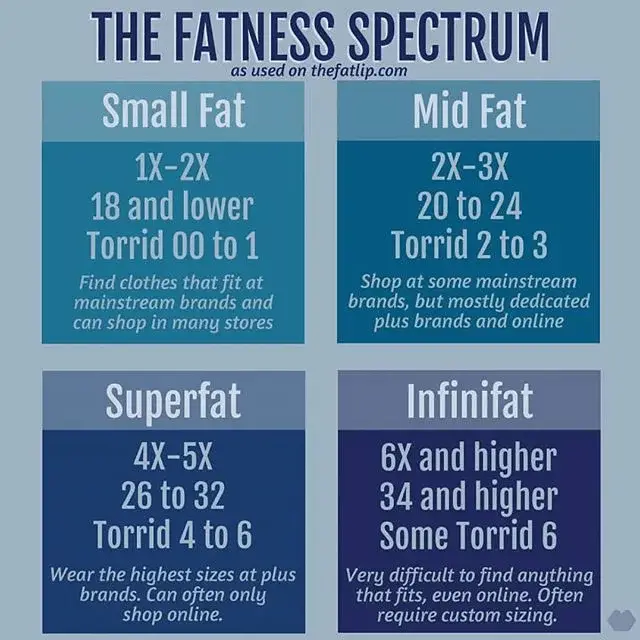
“The intersection of marginalized identities is often missed from the conversation around body positivity and body autonomy. When body positivity is framed to be solely focused on one’s own body, it is misunderstood.”
– Alysse Dalessandro Santiago
Do I Have Body Privilege If I Don’t Like My Body?
This comes up in the body positivity community a lot.
The moment someone begins to challenge that there is a body hierarchy, the “All Bodies Matter” council comes out to defend their rights to have body privilege because they may have never liked their body.
The way you feel about your body doesn’t stop you from reaping the benefits of being rewarded for your proximity to eurocentric body standards.
Even if you decided to purchase your body privilege by having body augmentations or even by losing weight, becoming a thin person, or adopting a more eurocentric ideal of beauty is a privilege.
There is a privilege in having a body that is mainstream and considered “normal”.
It is important to note that this month is Women’s History Month and Cerebral Palsy Month. I wanted to highlight lifestyle blogger and disabilities advocate @kimberly__minto, who is shining a light on microaggressions and ableism she often faces.
Check out the video below:
Check your body privilege. Not acknowledging your privilege isn’t making life easier for people who don’t have your privilege. It may take a while to unlearn certain thought processes and behaviors, but it is well worth it.

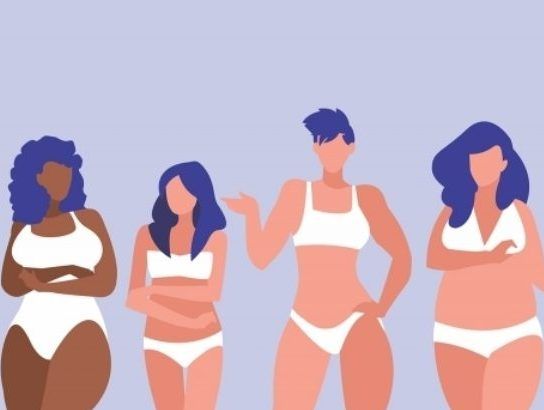
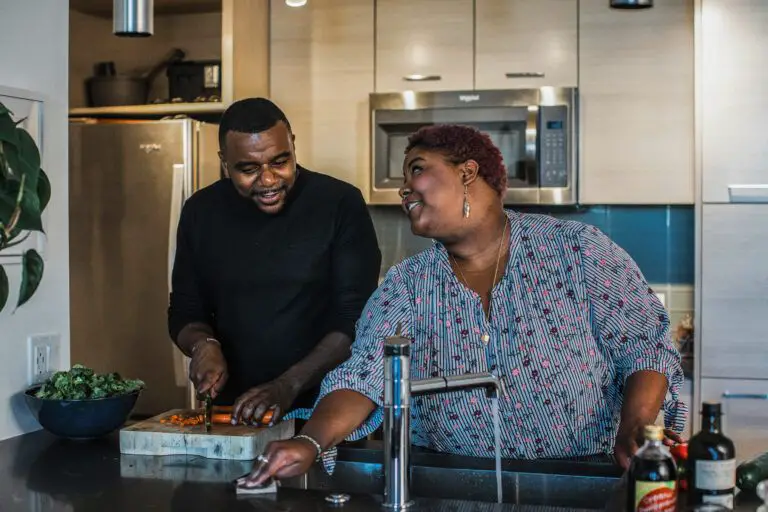

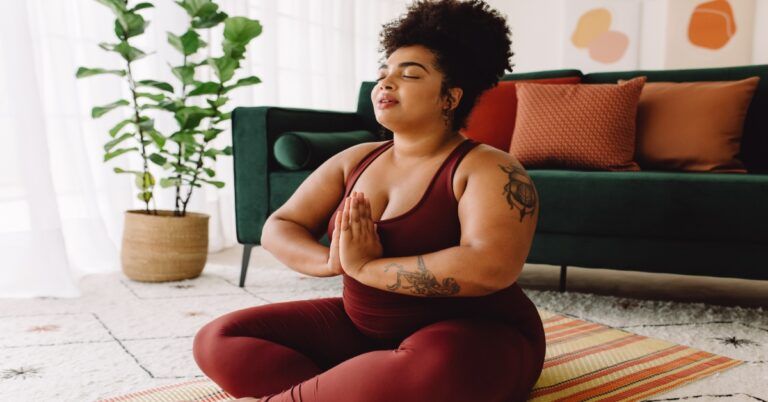



Awesome article. Very relevant!